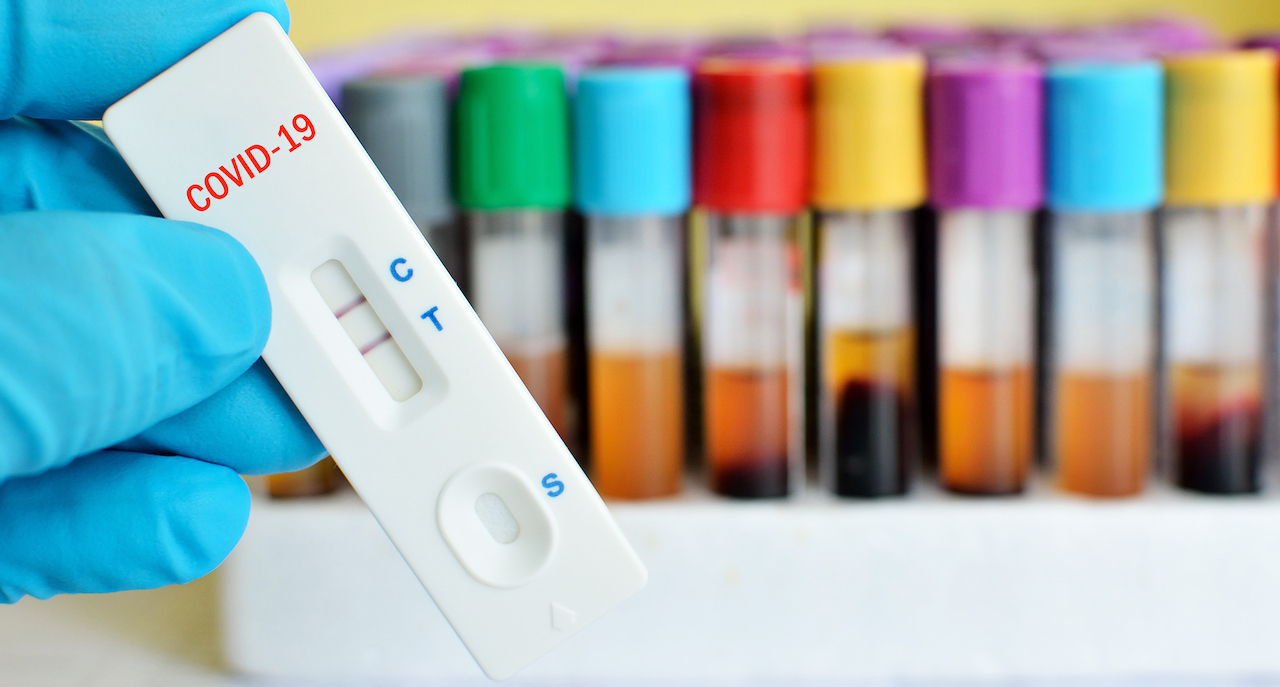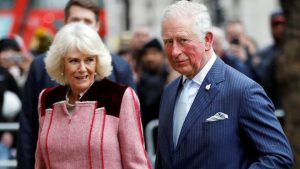Wednesday 25 March 2020

Pandemic control is all about testing (courtesy jarun011)
I read a fascinating scientific paper today, whose contents filled my thoughts as I made my early-morning stagger-stumble around London’s Regent’s Park. Self-isolators were out in their dozens, and plenty of dog-walkers, too. Social distancing was thriving, for two metres read 20, although one young man sprinted past from behind, made me jump, and brushed my shoulder as he went by.
“Oi!” I shouted, but he could not hear me. I could see buds wedged tightly into each ear. He was in some far-flung musical land and had clearly decided that social distancing was for others. He would be exempt. Now I must wait five days to see if I start coughing.
The paper that occupied my thoughts was from Oxford. I am a Cambridge man, so habitually, anything that comes from “the other place” is something I would normally criticise. Yet this time Oxford was being sensible and highlighted something obvious. It had entered my mind, but I had taken it no further. Oxford had looked at it in depth.
The problem is simple. Why do we know so little about the level of virus in the community? Last week a good colleague died from pneumonia, yet because he was sick beforehand, and regarded as a vulnerable patient, no one bothered to test him for Covid-19.
Six weeks ago, another colleague developed an intractable dry cough after he had been discharged from a London hospital. The cough lasted for several days. Because he is in his nineties, no one thought to test him, so he was allowed to cough and splutter until it settled. He is now better and thriving, although still has no idea why he coughed.
Two days ago, I attended a video meeting from my London desk. There are plenty of those at the moment. Of the 38 attending, from right around the world, six had experienced a cough. All had improved but none had been tested for Covid-19.
Worse still, a healthcare friend treated a hospitalised patient, who subsequently died of Covid-19 and never made it home. The patient was tested, my friend was not, and was simply sent home from the hospital for a fortnight’s self-isolation. He has now returned to work, blissfully unaware if he is now a Covid-19 carrier, or if he might have antibodies and is presently immune. Tell me the logic in that.

The situation this morning – 25 March 2020 (courtesy Center for Systems Science and Engineering at Johns Hopkins University)
I am just one person and yet I know these nine others, each of whom could be immune to Covid-19 without realising it. Extrapolate that to the entire population of UK and you begin to see the problem. There is a huge reservoir of ignorance out there. There are millions and zillions of people who might already have had the virus, but there is no way of knowing. Could it be that we are self-isolating people when there is no need to do so?
The Oxford paper, which was a simulation, made interesting reading. It was based on the three phases to an epidemic in a community. Phase 1 is a slow accumulation of new infections that are often undetectable, Phase 2 is a rapid growth of infection, disease and death. That is where we are headed right now. Phase 3 is a slowdown of transmission thanks to a depletion of susceptible individuals, which leads to the end of the first epidemic wave. Note the word “first”. There can be waves to follow, which we should not forget. What is more, we know little about Phase 1.
Oxford concluded that the current pandemic wave, seen in the UK and Italy, would last two to three months in the absence of interventions. Flattening the curve would make those affected easier to treat, as hospitals would be less flooded, but would also make the pandemic last longer. However, and this was my eureka-moment, Oxford also said that the ongoing pandemic in the UK and Italy started at least a month before the first reported death.
There can only be one conclusion. By the time of the first UK fatality, on 5 March 2020, the virus was already well established in the community. When you think about it, a disease needs to build up a head of steam before patients start dying. It is unlikely that the first sufferer will perish. The Oxford simulation went on to suggest that by 19 March 2020, 68% of the UK population had already been exposed to the virus.
I am not saying this pandemic is anything less than a catastrophe, as plenty of folk will not make it, but it may be that herd immunity is already becoming established. Much Government policy appears to have been based on an earlier Imperial College study, where 510,000 deaths were predicted in the UK, 2.2 million in the US, if the pandemic ran unchecked. Yet that, too, was a simulation.
As the world’s economies fall apart, and even I can see that, I understand why the politicians are becoming restless. Trump did say that the coronavirus cure cannot be worse than the problem itself. He may have a point. As surgeons we have been known to declare that the operation was successful but the patient died. For this pandemic, perhaps we should be looking at more than just mortality. Herd immunity may already be working to our advantage. One quarter of the world’s population, 7.8 billion people, is now under lockdown. That is a ton of economic stagnation. Good news that the coronavirus antibody test will be available, they say, within days as this will be the first opportunity to take many, I suspect, out of unnecessary self-isolation.
No one is exempt this disease, as Prince Charles has tested positive for Covid-19. It is always a worry when a member of the Royal Family takes a tumble. He, too, is already in self-isolation. Meanwhile, with the new regulations in place, the police are out in force and trying to ensure social distancing. There are some with megaphones, who shout at those who get too close. There are others on horseback. I saw one talking with a woman walking her two dogs in Hyde Park during the afternoon.

No one is immune – Prince Charles has tested positive (Reuters)
“Best keep ‘em on a lead,” said the constable, clad in a fluorescent yellow jacket, as he leaned down from his horse.
“Why?” asked the woman, whose two tiny yappers were chasing one another in and out of the horse’s hind legs. The horse remained motionless. Had it been me I would have stamped hard and rendered the yappers immobile.
“Yer don’t want ‘em stolen,” said the constable. “It ‘appens, yer know.”
“Stolen?”
I saw the constable nod. “We lose several dogs each day,” he said. “Burglar Bill waits until yer dog is some distance from yer. He then picks ‘im up and runs off. Yer don’t stand a chance.”
I saw the woman hang her head in realisation. “I didn’t know,” she mumbled.
“And Madam?”
The woman looked up at the constable, as he towered over her on his horse.
“Yer’ve just touched yer face, Madam. Yer mustn’t do that. Dogs on leads, give yer face a miss, and yer’ll be fine, Madam.” With that he trotted off on his horse.
The woman stood alone and dumbfounded.
